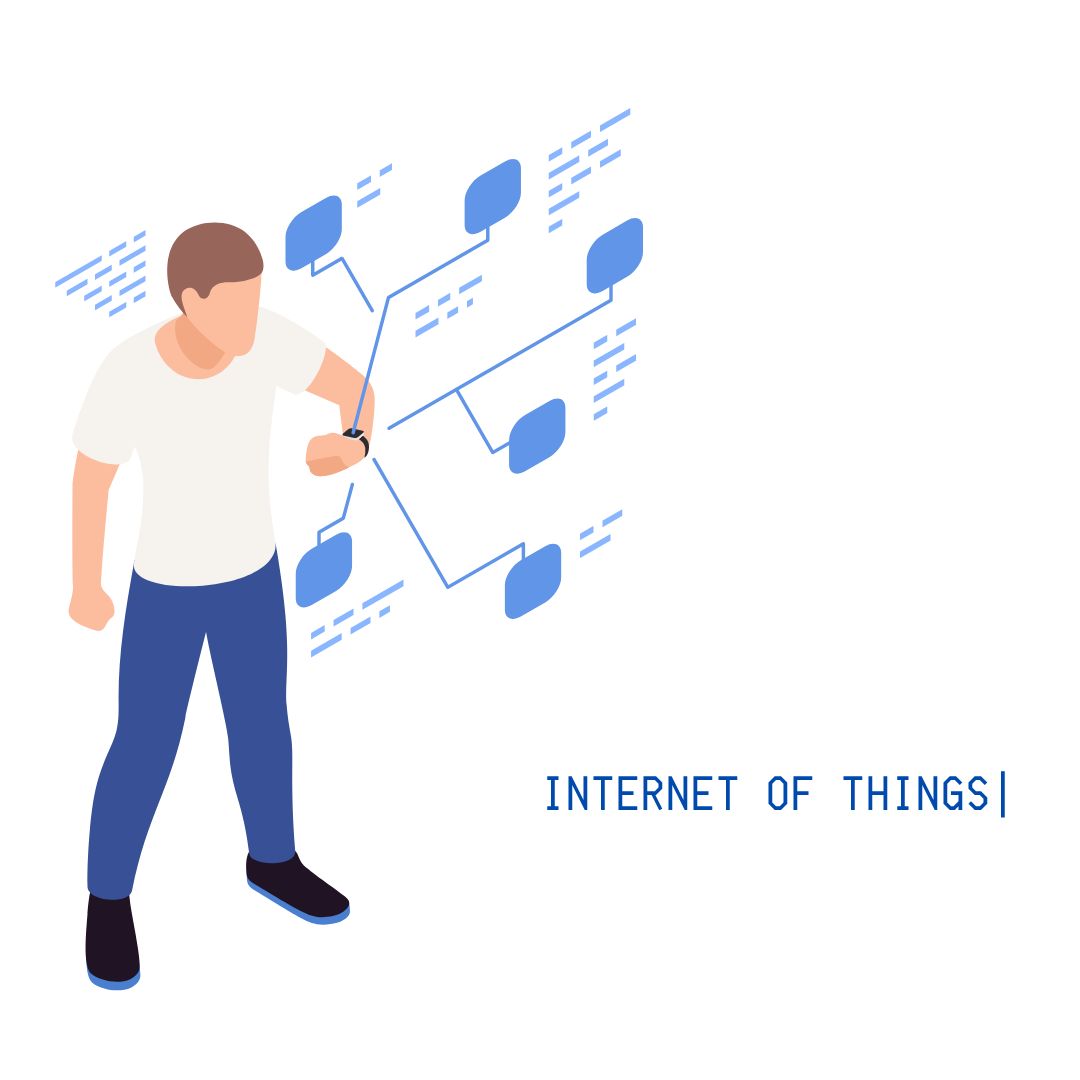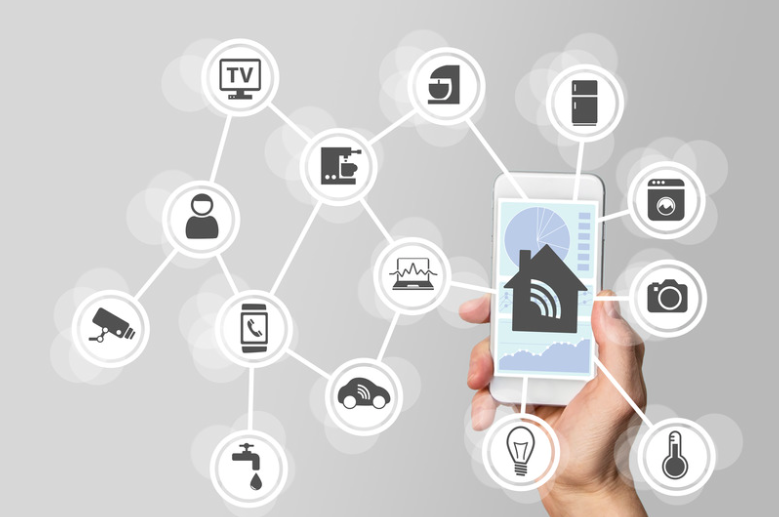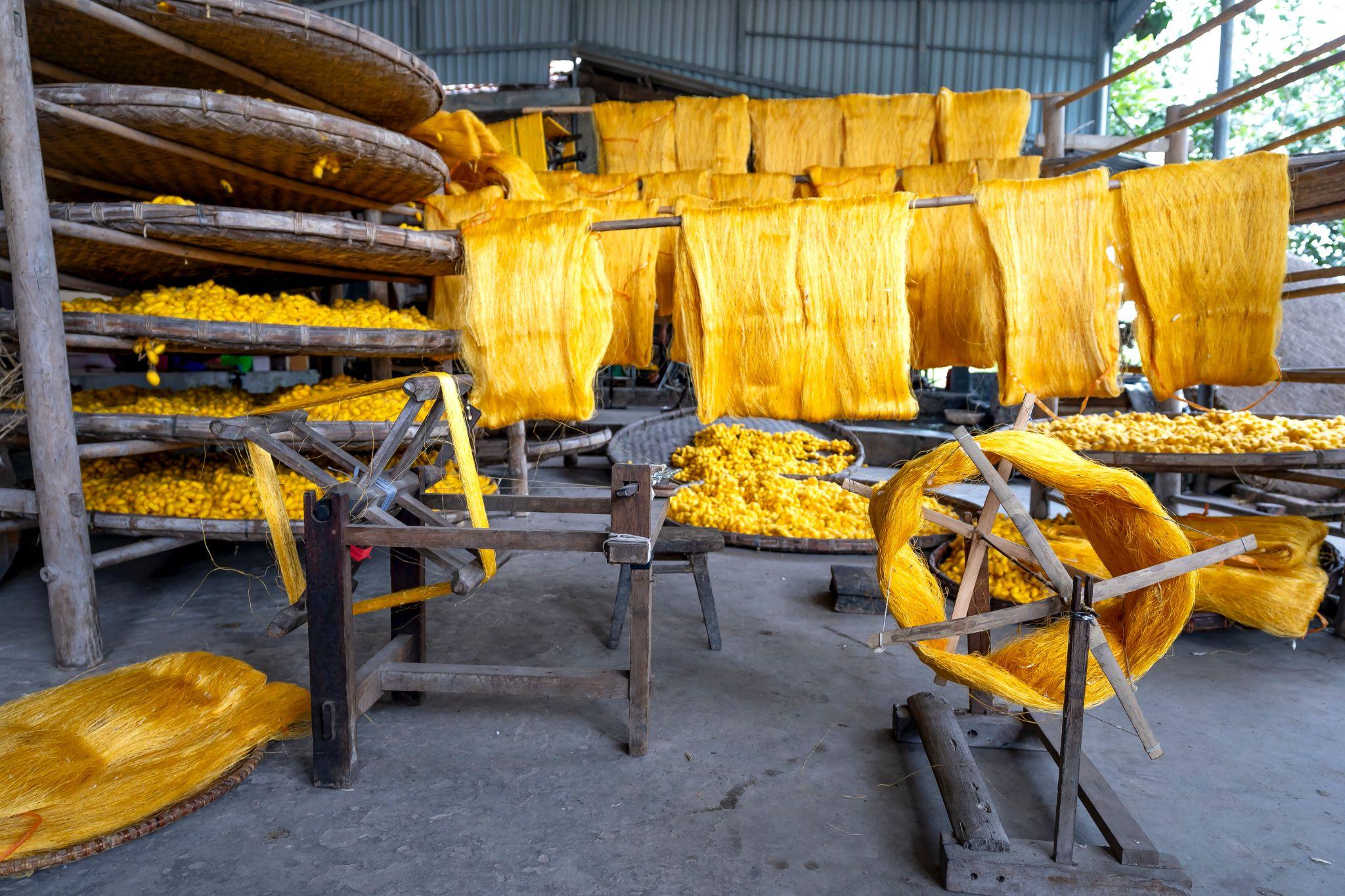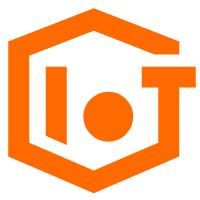The Internet of Things (IoT) is slowly seeping into all other industries – manufacturing, agriculture, supply chain, logistics, petroleum, and just about anything else you can think of! IoT is that powerful.
But as with any other technology, IoT has its own set of skill requirements for one to be able to work well with it.
This blog post will discuss 11 of the most underrated skills that make you a hot commodity in the IoT industry!

The Internet of Things is the interlinking of machines and a vast network of physical objects embedded with sensors, electronics, and software to enable them to collect and exchange data.
In essence, IoT technologies aim to perfect small, repetitive tasks in the workplace so that humans can focus on more important things.
However, these machines will not be able to learn the simple details independently without somebody feeding them high volumes of data.
This is where the job of data annotators comes into play.
Data annotators are in charge of labeling, tagging, and annotating data to create an algorithm that machines would use as a guide. They supply such data for IoT machines to learn and improve their performance over time.
The more annotation, labels, and tags the machine receive, the smarter it gets.
Think of it as tagging your friends' faces on Facebook photos. The more pictures you tag, the easier it gets for Facebook to recognize your friends' faces in future images.
The same goes for data annotation and IoT machines.
Since IoT and Artificial Intelligence/Machine Learning are still relatively new fields, there is a lack of experts in this area.
This makes data annotators some of the most in-demand IoT professionals today.
Another underrated skill that is becoming increasingly popular in the IoT industry is Data Scientist.
Working as a data scientist in IoT involves collecting, analyzing, and interpreting large data sets to identify trends and patterns.
They use their findings to help IoT companies make better business decisions.
Data scientists need to have a strong foundation in mathematics and statistics. They must also be excellent at problem-solving and critical thinking.
Most importantly, they must be able to communicate their findings clearly to those who do not have a background in data science.
This is because the interpretation of data is just as important as the analysis itself.
Without communicating their findings effectively, all their hard work would go to waste.
The thing about the Internet of Things is that all of the processes they execute are still done through computers– but computers that are interconnected and communicate with each other to work more efficiently.
And what do all computers have in common? They run on code, which is why having programming skills is essential if you want to make a career in IoT.
Programming languages like Java, Python, and C++ are some of the most popular languages used in IoT.
So if you want to get into IoT, brush up on your programming skills!
Another skill that is becoming increasingly popular in IoT is Node JS development.
Node JS is a JavaScript runtime environment for developing scalable and real-time applications.
Node.js integrates with IoT protocols such as MQTT or Message Queuing Telemetry Transport, a messaging protocol that enables seamless communication to a network of devices.
It is perfect for IoT because it can handle many requests without compromising speed or performance.
If you want to get into IoT, then learning Node JS will give you an edge over other candidates!
Creating applications for mobile devices is one of the most in-demand skills in the IoT industry these days.
With over 5.34 billion mobile phone users worldwide, the Internet of Things industry is constantly finding a way to connect smartphones to appliances, furniture, and integrated sensors in the workplace and at home.
Coined as the ultimate IoT and IoE device, smartphones are the most convenient way to control and manage interconnected devices.
Mobile app development skills are in high demand because IoT developers need to create applications that can be used on these devices.
If you want to get into IoT, learning how to develop mobile apps will give you a significant advantage over other candidates!
Industrial IoT applications, artificial intelligence, and other data-driven IoT technologies generate large volumes of data and use them to improve their performance.
To make sense of this data and efficiently extract valuable insights, IoT needs people knowledgeable about Big Data Analytics.
Big Data analysts collect, analyze, visualize, and interpret large data sets to help IoT developers make better decisions and improve the performance of their IoT systems.
If you're looking for a career in IoT, then learning Big Data Analytics will give you an edge over other candidates.
GPS tracking technology plays an invaluable role in the Internet of Things industry, especially artificial intelligence, and modern-day tracking since these technologies require accurate and up-to-date data to function correctly.
GPS technology supplies data, including the location, speed, time, direction, and even the altitude of objects, cars, and specific landmarks.
GPS also solves the supply chain's problems– logistics and transport.
If GPS did not exist during these days, it would have taken forever for companies to track down the location of their goods and shipments manually.
Hence, there is a demand in the IoT industry for GPS technicians– people who are knowledgeable about GPS technology and how to install and maintain it.
Ceridian predicted last 2017 that Cloud Security Engineers is one of the most in-demand IoT skills in The IoT industry. This has been proven accurate as companies continue to seek cybersecurity talents to help with the increasing IoT adoption.
As more and more industries digitize their business processes, the need for cloud security specialists who can secure these devices and data increases.
Cloud security specialists' primary role is to ensure that data stored in the cloud is secured and protected from cyber threats.
They also assess the operational efficiency of the existing business infrastructure, implement security protocols, monitor compliance, and respond to unwanted incidents accordingly.
Cloud computing is a critical skill for IoT because it is the platform where data from IoT devices are collected, processed, and stored.
Cloud computing administrators need to understand how cloud computing works and be comfortable working in various cloud computing environments.
This skill also requires continuous integration and delivery (CI/CD) management, configuring and setting up the company's cloud systems, and overseeing cloud deployments.
If you want to get into IoT, then learning cloud computing will give you an edge over other candidates!
An API is a set of programming instructions that allows one piece of software to interact with another.
For the last decade, API testing has been conducted after developers officially announce that they have finished the software that they are making. This has resulted in a lot of software containing errors that could have been prevented if testing had been done earlier as they were making it.
Hence, API testing was born.
API testing is software testing that focuses on verifying the functionality of application programming interfaces (APIs).
Although automated API testing is what companies refer to these days, industries still prefer a hybrid of automated and manual testing involving API testers.
If you enjoy how simple and easy it is to order from an Amazon store, or if you love how the new Facebook interface looks now, you should thank their UI/UX designers.
UI/UX designers are responsible for ensuring that a website or app's user interface (UI) and user experience (UX) are as smooth and seamless as possible.
Since the Internet of Things heavily relies on digital technology, software, and applications, it is a must that what they use in their companies is not pleasing to the eyes. Still, every part of it should also be efficient.
This is why excellent UI/UX designers are in demand for IoT these days, and if you have this skill, you are what these companies are looking for.

The IoT industry is a term used to describe the various businesses and applications involved in developing, deploying, and managing IoT devices and systems.
IoT devices are physical objects connected to the internet and can collect, process, and transmit data.
IoT systems comprise IoT devices, sensors, and software that collect, process and transmit data.
IoT applications are end-user-facing applications that allow users to interact with IoT devices and systems.
The IoT industry is expected to continue to grow at a rapid pace in the coming years as more and more businesses and individuals adopt IoT devices and applications.
Some popular IoT applications include innovative home systems, smart locks, smart watches, voice controllers, smart sensors and trackers, self-driving cars, and smart security systems.
Now that you know what the Internet of Things is, you might also wonder what Industrial IoT is and how it affects your daily life.
For one, IIOT technologies mainly involve smart machines across various industries to automate processes and increase a company's efficiency and productivity.
One of the most commonly cited IIOT examples is the industrial robot.
These robots are increasingly being used in manufacturing and other industries to perform tasks that are either too difficult or too dangerous for humans.
Another example of IIOT is predictive maintenance. This is a process whereby sensors collect data about a machine's performance.
This data is then analyzed to detect patterns that could indicate an impending failure.
By using predictive maintenance, companies can fix problems before they cause production stoppages or other expensive issues.
These are just some of the many examples of IIoT. This industry continues to take the world by storm.
What are examples of industrial IoT devices?

These are some examples of industrial IoT devices:
IIoT Devices for Agriculture Industry
IIoT Devices for Automotive Industry
IIoT Devices for Energy and Utilities
The list of IIoT devices from different industries is almost endless are more and more businesses are starting to use IoT devices to increase efficiency and productivity.
These are some of the most underrated skills that'll make you a hot commodity in the IoT industry. If you have any of these skills, you should consider pursuing a career in IoT.

Nick Patrocky is a UX/UI designer, app reviewer, software reviewer, and blogger. Nick's worked with over 150+ clients from countries all around the globe. Nick also enjoys reviewing mobile apps, web apps, and websites. Check out his blog if you want to know what it takes to be an app designer or a successful freelancer.

14 posts | 0 followers
FollowAlibaba Cloud MaxCompute - October 18, 2021
Alibaba Cloud Native Community - November 23, 2022
Alibaba Clouder - April 9, 2020
Alibaba Cloud Blockchain Service Team - January 17, 2020
Alibaba Cloud Blockchain Service Team - August 19, 2019
Alibaba Cloud Community - November 23, 2021

14 posts | 0 followers
Follow Big Data Consulting for Data Technology Solution
Big Data Consulting for Data Technology Solution
Alibaba Cloud provides big data consulting services to help enterprises leverage advanced data technology.
Learn More Big Data Consulting Services for Retail Solution
Big Data Consulting Services for Retail Solution
Alibaba Cloud experts provide retailers with a lightweight and customized big data consulting service to help you assess your big data maturity and plan your big data journey.
Learn More Link IoT Edge
Link IoT Edge
Link IoT Edge allows for the management of millions of edge nodes by extending the capabilities of the cloud, thus providing users with services at the nearest location.
Learn More IoT Solution
IoT Solution
A cloud solution for smart technology providers to quickly build stable, cost-efficient, and reliable ubiquitous platforms
Learn MoreMore Posts by Nick Patrocky
5422599615014257 November 10, 2023 at 11:21 am
The Internet of Things (IoT) is one of the fastest-growing industries in the world, and there is a high demand for skilled workers. While many people focus on the most popular skills, such as programming and engineering, there are a number of underrated skills that can make you a hot commodity in the IoT industry. https://dynatechconsultancy.com